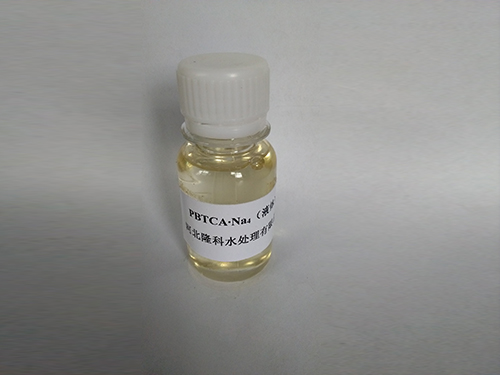Scaling Effects and Corrosion Inhibitors in Industrial Applications
Scale and Corrosion Inhibitors Key Solutions for Industrial Processes
In various industrial applications, the presence of scale and corrosion can lead to significant operational challenges. Scale deposits, formed primarily from minerals like calcium, magnesium, and silica, accumulate in pipes and equipment, reducing efficiency and potentially leading to costly downtimes. Similarly, corrosion, caused by chemical reactions between materials and their environments, can compromise the integrity of equipment and structures, leading to leaks, failures, and safety hazards. To combat these issues, the use of scale and corrosion inhibitors has become essential.
Scale inhibitors are chemical agents that prevent or reduce the formation of scale. They work by altering the properties of the scale-forming minerals, making them less likely to crystallize and adhere to surfaces. Common types of scale inhibitors include phosphonates, polyacrylic acids, and silicates. These compounds can be added to water systems, such as cooling towers, boilers, and industrial processes, to maintain flow rates and heat transfer efficiency. By minimizing scale buildup, facilities can extend the lifespan of their equipment and reduce maintenance costs.
scale and corrosion inhibitor

On the other hand, corrosion inhibitors protect metal surfaces from degradation. These inhibitors function by creating a protective film on the metal, reducing its exposure to harmful agents like oxygen, moisture, and aggressive ions. Depending on the environment and materials involved, various types of corrosion inhibitors are used, including anodic inhibitors, cathodic inhibitors, and mixed inhibitors. For instance, in acidic environments, anodic inhibitors can effectively reduce corrosion rates by shifting the electrochemical reactions that lead to metal dissolution.
The application of both scale and corrosion inhibitors is crucial in industries such as power generation, oil and gas, and manufacturing. By integrating these chemical solutions into operational protocols, companies can optimize their processes, enhance efficiency, and prolong equipment lifespan. Moreover, with the increasing regulations regarding environmental impact, the development of eco-friendly inhibitors is gaining traction, allowing industries to address scale and corrosion issues sustainably.
In conclusion, scale and corrosion inhibitors are indispensable tools for maintaining the reliability and efficiency of industrial systems. By understanding their functions and applications, facility managers can make informed decisions that ensure the longevity of their equipment and reduce operational costs, ultimately contributing to a more sustainable industrial future.
-
Pbtc Scale InhibitorPBTC: A Scale Protector for Industrial Water TreatmentNewsAug.05,2025
-
Organic Phosphonate: An Efficient Defender in the Field of Scale InhibitionNewsAug.05,2025
-
Hydrolyzed Polymaleic Anhydride: Green Pioneer in Scale Inhibition FieldNewsAug.05,2025
-
PAPEMP Polyamino Polyether Methylene Phosphonic Acid For SaleNewsAug.05,2025
-
Flocculant Water Treatment: A Pioneer in Purification in the Field of Water TreatmentNewsAug.05,2025
-
Benzyl Isothiazolinone: An Efficient and Broad-Spectrum Antibacterial Protective GuardNewsAug.05,2025





